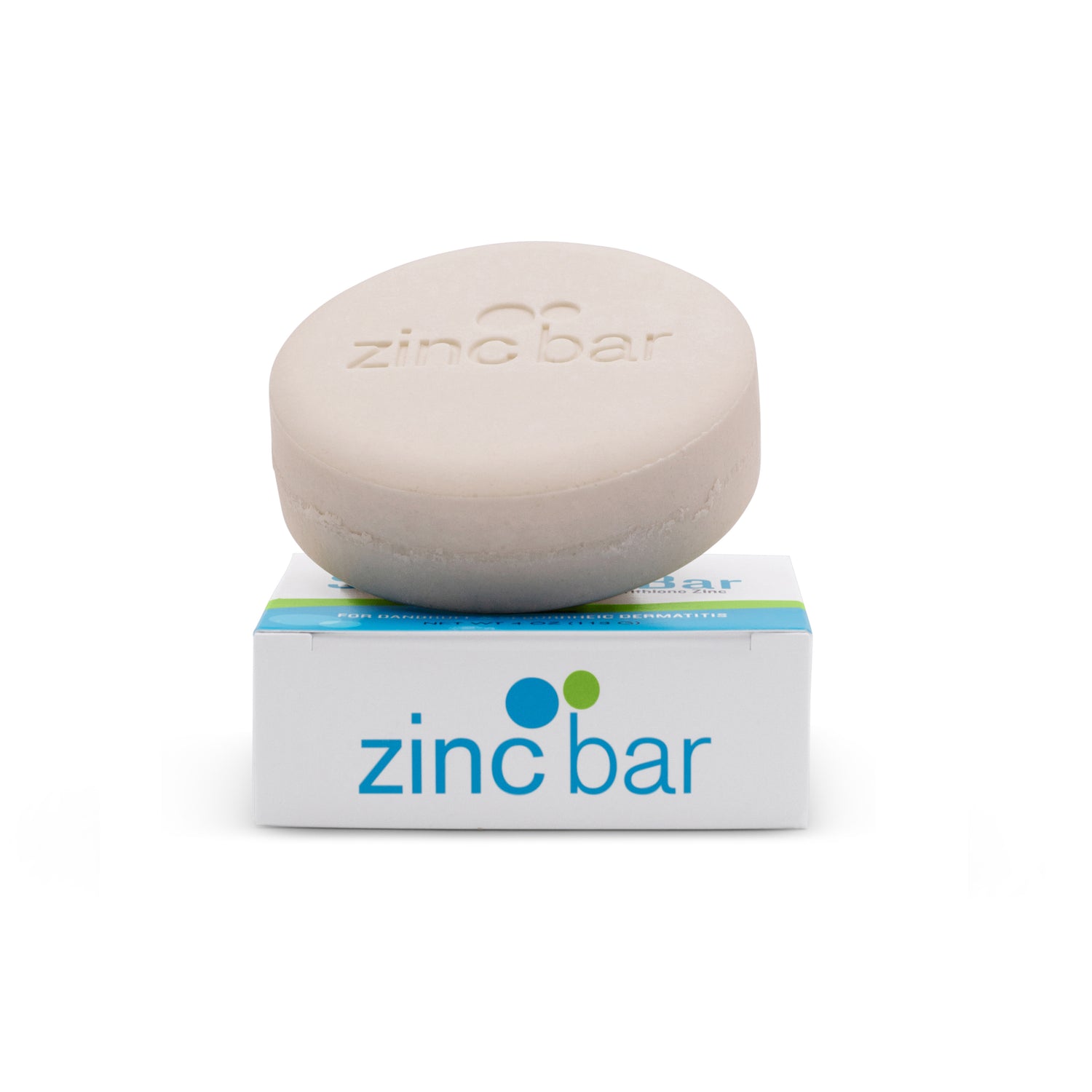Glutamic Acid
Glutamic acid is a non-essential amino acid, meaning that while it performs specific functions in the body, it therefore need not be provided in dietary or supplement form as it can be manufactured within the body from other amino acids. Indeed, deficiency of glutamic acid is rare, but can occur in individuals who do not consume sufficient amounts of protein (most protein-rich foods contain glutamic acid precursors).
Glutamic acid is an important stimulating neurotransmitter, and can be used as fuel by the brain. It is also important in the metabolism of sugar and fat, as well as the body's excretion of excess nitrogen.
Food sources containing proteins that can be broken down to provide glutamic acid include meat, poultry, eggs, fish and dairy products.
Health benefits of glutamic acid
- Assists in building proteins in the body
- An important neurotransmitter (may be involved in important cognitive functions in the brain such as learning and memory)
- Assists in breaking down sugar and fat
- May be helpful in maintaining normal function of the prostate
- May have positive effects on the heart muscle
How We Help
At DermaHarmony, our goals are to educate chronic skin care suffers about dermatology, share what contributes to health and wellness, and support our readers in any way we can. We manufacture and sell several soaps and creams in our store that cleanse or help with a variety of skin conditions. They're worth consideration if you have a condition that can be helped with pyrithione zinc, sulfur, or salicylic acid.
Before 2012 we sold a wildly popular skin care vitamin supplement. The supplement was discontinued.

